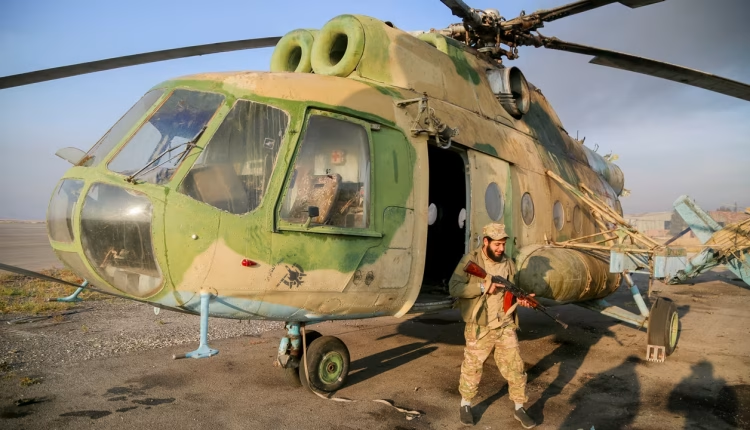
By Ardo Juweid
ALEPPO, Syria (North Press) – Six days have passed since Hayat Tahrir al-Sham (HTS, once known as al-Nusra Front) took control of Aleppo, Syria’s second-largest city after the capital, Damascus, and the country’s industrial hub.
The city has been grappling with deteriorating services and a sharp rise in food prices, alongside a severe fuel crisis where the price of a liter of gasoline has soared to 40,000 Syrian pounds (SYP, which equals about $2.50).
Since Nov. 27, Turkish-backed armed opposition factions, aka the Syrian National Army (SNA), and HTS have launched attacks on the positions of the Syrian government forces in the countryside of Aleppo, Idlib, and Hama.
So far, the operation has resulted in the opposition’s complete control over Idlib and its countryside, a large portion of northern Aleppo, and parts of central Hama.
Skyrocketing prices
Local sources told North Press that after achieving near-total control over Aleppo and its countryside, HTS has taken over governmental centers.
The same sources noted that while HTS has announced the names of officials for all sectors and ministries, it has been unable to meet the city’s basic needs.
According to these sources, Aleppo is witnessing a worsening food crisis and significantly higher costs compared to the situation before the factions’ takeover.
Additionally, the city has been enduring a fuel crisis for days, with gasoline prices reaching 40,000 Syrian pounds per liter.
For five consecutive days, the city has faced water shortages, and sanitation services have been non-existent, leading to massive waste accumulation in all areas.
Recently, al-Razi Hospital in Aleppo received a large number of cases of inflammation caused by pollution, though exact figures remain unknown.
First time in years
For the first time since the Syrian government regained control of Aleppo in 2016, HTS and SNA factions captured the majority of the city and its airport on Nov. 30, advancing into two neighboring governorates, according to the Syrian Observatory for Human Rights (SOHR).
This unexpected attack came during a ceasefire in Idlib, which had been in effect since March 6, 2020, as announced by Russia and Turkey.
Syrian President Bashar al-Assad asserted that his country could defeat “terrorists” regardless of the intensity of their attacks.
Amid the escalating tensions, Russia, Iran (al-Assad’s allies), and Turkey (supporter of the factions) discussed the developments in Syria. Iran announced that its foreign minister would visit Syria and then Turkey.
Meanwhile, the United States stated that al-Assad lost control of Aleppo due to his dependence on Russia and Iran.
Al-Julani in Aleppo’s Citadel
Abu Mohammad al-Julani, leader of al-Nusra Front, appeared on Wednesday in Aleppo’s Citadel under tight security, accompanied by dozens of militants.
In his address, al-Julani and the Salvation Government in Idlib called on the international community to engage with the new governance system in Aleppo.
The Salvation Government’s political affairs department announced that it had begun communicating with regional and global powers, as well as NGOs, to explain the reality of the situation in Syria. The department urged the continuation of aid flows, asserting that “the Syrian revolution is not a sectarian war,” according to a statement.
Al-Julani has been trying to portray himself as a civilian ruler of vast areas in Idlib and Aleppo. He told the International Crisis Group that Aleppo would be governed by a transitional authority and hinted that HTS might dissolve itself to facilitate the establishment of civil and military infrastructure.
